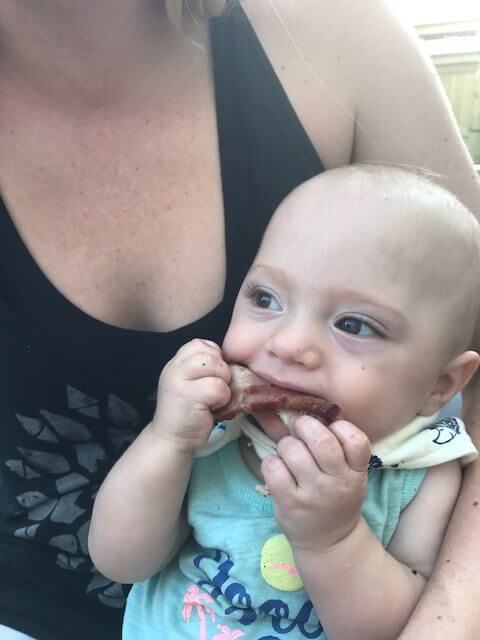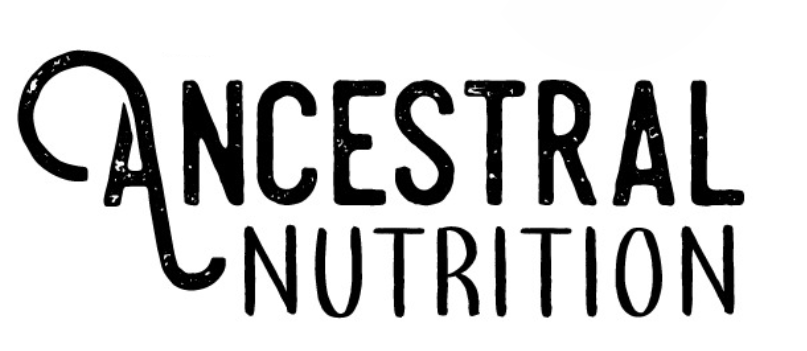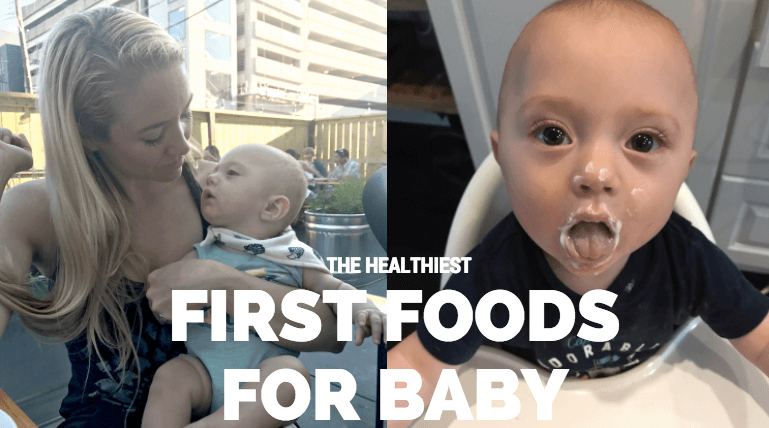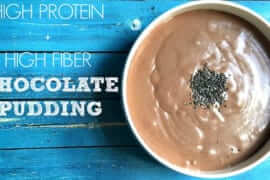Most moms are advised to feed their kiddo baby cereal, either in the form or rice or oats, as the first food. Here’s why that’s problematic and why my son’s pediatrician and early intervention nurse both agreed that this is not the ideal first food:
It has no nutritional value. None. ZERO. Not to mention, grains can be difficult for even adults to digest.
Some argue that this isn’t an issue because the goal of introducing solids is just that – to introduce solids, not actually nourish the baby. But at around six months, baby’s need four times the amount of zinc and nine times the amount of iron as an adult male (source).
So even though your baby won’t be an excellent eater immediately – baby will still be consuming a small amount of whatever food is offered. This is why it’s so important to offer healthy, nutrient dense food that is particularly rich in 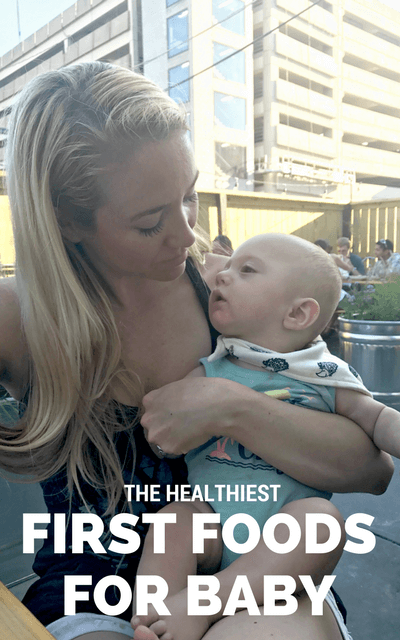 iron and zinc. Breastfeeding alone cannot meet those requirements. It’s just not possible. And baby certainly isn’t going to get them from oats, rice or even squash and avocado!
iron and zinc. Breastfeeding alone cannot meet those requirements. It’s just not possible. And baby certainly isn’t going to get them from oats, rice or even squash and avocado!
No, fruits and veggies are not an ideal first food.
This is another mistake people often make. Instead of oats or rice, parents are often led to believe that squash, banana, peas, etc. are a good option for first foods. And while they’re indeed better than oats and rice, they are not nutrient dense foods that baby needs.
Ideal first food: liver.
I know, if you’re not used to consuming it semi-regularly, this probably seems batshit crazy to you. I assure you it is not. Why is liver the ideal first food? Because gram for gram, it’s the most nutrient dense food on earth. It’s packed with iron, zinc, B12 and a ton of other nutrients. And because it’s meat, it’s much easier for baby to digest than grains, vegetables or fruit. Believe it or not, we are a carnivorous species, designed to easily digest animal protein from the time we are roughly six months old.
Not to mention that at six months old, baby’s protein requirements relative to weight are the highest they will ever be (source). This means that baby needs protein, which animal foods are rich in.
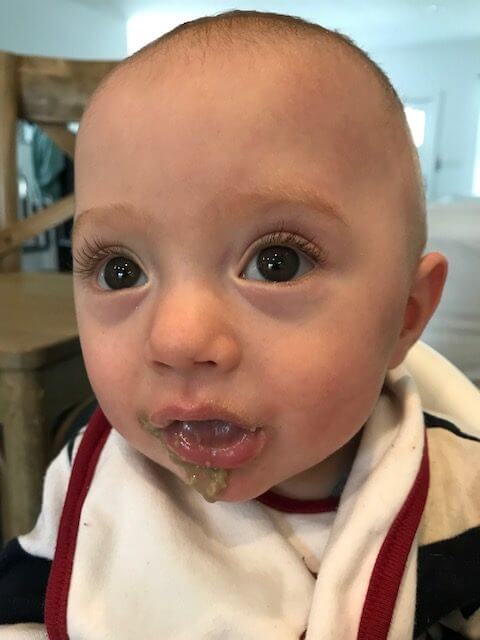
Liver lover.
Other great first food options.
Egg yolks – when they’re from pastured raised, organic hens allowed to roam freely, egg yolks are incredibly nutrient dense and full of healthy fats and choline, both of which are needed for brain development!
Fish roe – fish roe is another food that may seem odd if you didn’t grow up consuming or now do not consume it regularly but fish roe, or fish eggs, is a rich source of omega-3s, vitamin K, vitamin D and choline.
Wild salmon, sardines – fatty fish like these are rich in omega-3s which are also great for bone, brain, eye development.
Avocado – avocados are rich in healthy monounsaturated fat. If you want to introduce a veggie first, I’d recommend avocado. Better yet, sprinkle some vitamin C powder or desiccated liver on top!
I mean, look how happy this guy is munching on avo slices sprinkled with liver.

Fermented foods like kefir, sauerkraut and yogurt – my son absolutely adores yogurt. I give him raw, grass-fed, organic Greek yogurt I purchase from a local farmer. Fermented foods are rich in beneficial bacteria which is essential to baby’s growing immune system, genetic expression, temperament, etc.
Yogurt lovin’ son of a gun.

These foods, particularly the animal foods, are rich in omega-3s, iron, zinc, vitamin D, choline, vitamin A and plethora of other vitamins and minerals that support baby’s health. They’re loaded with nutrients that support the brain, the heart, the bones, the eyes, the genes, the gut bacteria, DNA synthesis, genetic expression (aka whether baby will go on to develop diseases or not).
Of course, it’s important to obtain these foods from the cleanest source that’s available to you. Go for organic avocados, grass-fed kefir, wild seafood, pasture raised eggs and meats that are raised with GMO feed. Do the best you can.
And if you start baby off with these foods, you’re already ahead of the curve! These foods will nourish your growing baby and ensure that he or she grows into a healthy toddler.
And for good measure – babies love to chew on thick cut, pasture raised, organic bacon.
